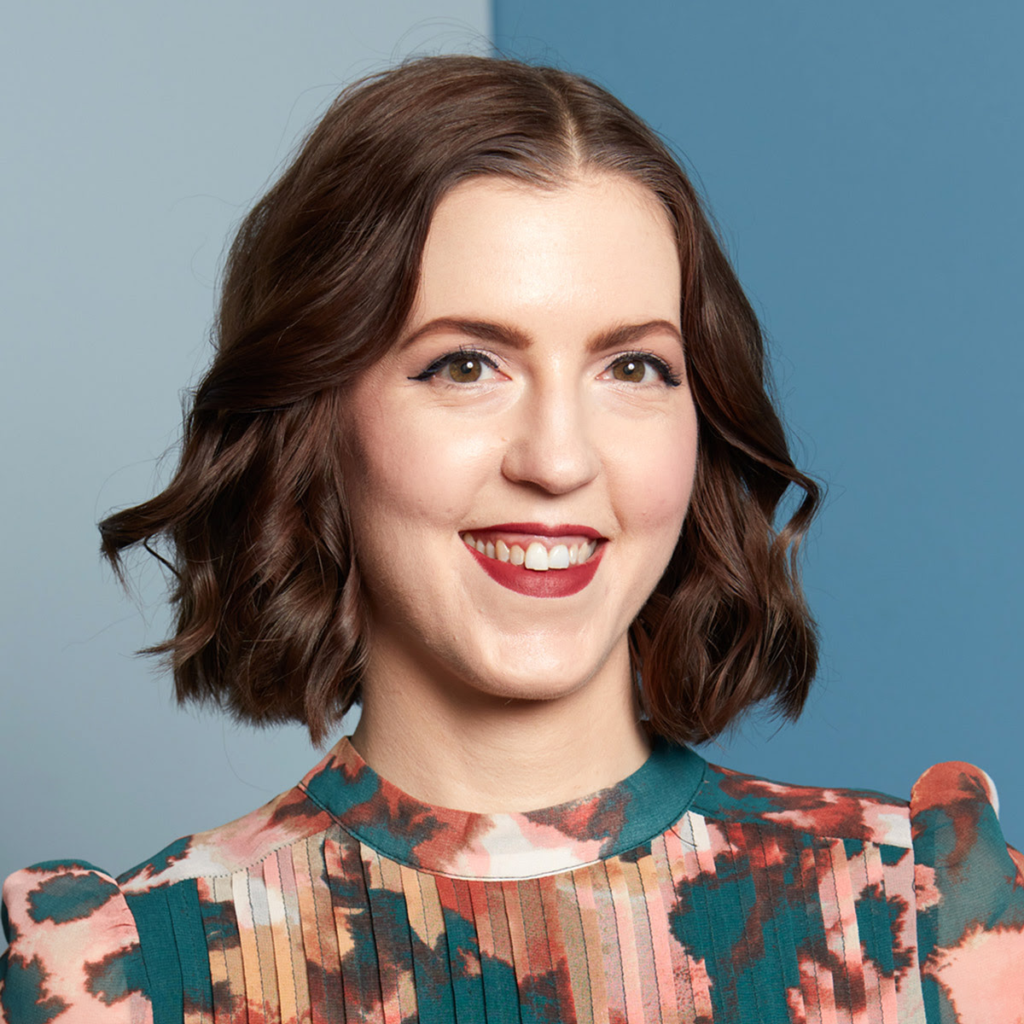Written by Stacia Woodcock, PharmD | Reviewed by Alyssa Billingsley, PharmD
Updated on June 25, 2024
Key takeaways:
It’s best to avoid combining melatonin and alcohol. If you take them together, you have a higher risk of excessive drowsiness and impaired thinking. It’s also unlikely that melatonin will be able to combat the sleep problems caused by alcohol.
If you have a drink or two, it’s best to skip your melatonin dose that day. You can start taking it again when you’ve been alcohol free for 24 hours
Alcohol can worsen existing sleep problems. And it isn’t safe to combine any over-the-counter or prescription sleep medications with alcohol. It’s best to avoid alcohol and talk to a healthcare professional if you have chronic sleep issues.

SB Arts Media/iStock via Getty Images Plus
Returning home from happy hour or settling in after a nightcap, it’s a familiar scene to reach for the trusty bottle of melatonin on your nightstand. Ensuring a peaceful night’s sleep is the goal. Yet, the question lingers — is it safe to mix melatonin and alcohol? Read on to learn about the risks of this combination and understand why experts advise against it.
Can you take melatonin and alcohol together?
No, you shouldn’t combine melatonin with alcohol. There are two main reasons this combination isn’t recommended:
Melatonin can enhance the sedative effects of alcohol. Both melatonin and alcohol can make you sleepy and groggy. Combining them raises the risk of these side effects and can make them more severe. It also increases the chance of next-day drowsiness.
Melatonin isn’t likely to counteract alcohol’s negative effects on sleep. Alcohol can make you wake up more often and get less REM (rapid eye movement) sleep. Melatonin doesn’t seem to affect REM sleep. It mainly works to help you fall asleep faster or reset your internal clock. So it’s not likely to counteract alcohol’s effects.
This means there are risks involved if you combine alcohol and melatonin and little chance of any benefit. So it’s best to avoid taking melatonin after you’ve been drinking.
Good to know: If you have chronic sleep issues, it’s a good idea to avoid or limit your alcohol intake. It’s a common belief that a drink or two before bed can help you fall asleep. But while you may fall asleep faster, you’re more likely to wake up throughout the night and get less restful sleep overall. And the more often you drink alcohol, the worse your sleep problems can become. Talking to a healthcare professional can help you determine the cause of your sleep issues and find a safer treatment option
Is having 1 or 2 drinks OK?
Alcohol’s effects vary from person to person, no matter the amount consumed. This is based on a number of unique factors, such as age, genetics, and health conditions. When taking melatonin, it’s best to err on the side of caution and avoid alcohol.
If you do have a drink or two, it’s best to skip your nightly dose of melatonin. It takes about a day for your body to remove alcohol from your system. So it’s possible that even a mid-morning mimosa could cause an issue if you take melatonin at night. It’s likely safe to resume taking melatonin once you’ve been alcohol-free for 24 hours.
Are certain people more at risk when combining melatonin and alcohol?
While combining alcohol and melatonin isn’t considered safe for anyone, there are certain groups of people who may have a higher risk of problems from this combination.
People taking certain medications
Other medications can interact with melatonin and alcohol. These include:
Blood thinners: Medications such as warfarin (Coumadin, Jantoven) and apixaban (Eliquis) treat and prevent blood clots. Both melatonin and alcohol can raise your risk of bleeding if they’re combined with these medications. If you take a blood thinner, talk to your prescriber before taking melatonin or drinking alcohol.
Other sedative medications: Benzodiazepines, older antihistamines, and some antidepressants can have sedative effects similar to melatonin and alcohol. OTC and prescription sleep medications are also in this category. It’s best to avoid combining more than one sedative medication to avoid excessive drowsiness and accidental injuries. In some cases, combining alcohol with sedatives can be life-threatening.
This is not a complete list of medications that interact with alcohol or melatonin. It’s best to have a healthcare professional review your medication list before taking melatonin (or any other OTC supplements). You can also ask about how much (if any) alcohol is safe for you based on the medications you take.
Older adults
Older adults are at a higher risk for problems when combining alcohol and melatonin. If you’re 65 years or older, you may be more sensitive to alcohol’s effects. Melatonin can also stay active for a longer time in older adults. And it’s more likely that you’ll get up during the night to use the bathroom. Combining alcohol and melatonin can increase your risk of falls and impaired thinking, which can lead to accidental injuries.
Women
Women generally have less water in their bodies than men. This can make women more sensitive to alcohol’s effects and raises the risk of unwanted side effects if you take melatonin after drinking
If you have questions about your personal risks, it’s best to discuss them with a healthcare professional. They’ll be able to guide you based on your medical history.
When can you start drinking after taking melatonin?
While it depends on the specific product, it typically takes 5 to 10 hours for melatonin to fully leave your body. If you take it at night, it’s likely fine to have a drink the following day. But as mentioned, you shouldn’t take melatonin after consuming alcohol. So if you do have alcohol, you should wait until the following day to start taking melatonin again.
Are there any sleep aids that aren’t affected by alcohol?
No, drinking alcohol while taking any prescription or OTC sleep medication is always a bad idea. Alcohol can worsen the side effects of these medications. What’s more, combining alcohol and sleep aids can cause life-threatening sedation in some cases.
Keep in mind that as mentioned, alcohol can also worsen your existing sleep issues. So it’s best to avoid it for your overall health as well as to avoid a dangerous interaction if you’re taking medication to help you sleep.
What else can you do to improve sleep?
There are many things you can do at home to help achieve a great night’s sleep. These tips are often referred to as sleep hygiene or healthy sleep habits, and include:
Maintaining a consistent sleep schedule
Only using your bed for sleep and sex
Avoiding caffeine in the afternoon and evening
Exercising regularly
Avoiding screens for 2 hours before bed
Some medications can also cause insomnia as a side effect. So it’s also a good idea to review your current medication schedule with your prescriber or pharmacist. They can help determine if any of your medications could be the cause of your sleeping problems.
If these tips don’t seem to help, it’s time to see a healthcare professional. They may suggest a sleep study or cognitive behavioral therapy for insomnia (CBT-i). CBT-i is considered the most effective, medication-free treatment for chronic insomnia.
The bottom line
It’s best to avoid combining melatonin and alcohol. If you take them together, you have a greater risk of excessive drowsiness and impaired thinking. And melatonin isn’t likely to help with sleep issues caused by alcohol. If you do have a drink or two, it’s best to skip taking melatonin. You can start taking it again once the alcohol is out of your system.
Keep in mind that alcohol can worsen existing sleep issues. If you’re consistently having trouble sleeping, it’s best to avoid alcohol and focus on good sleep hygiene. It’s also a good idea to contact a healthcare professional for help.

Written by:
Stacia Woodcock, PharmD
Stacia Woodcock, PharmD, is a pharmacy editor for GoodRx. She earned her Doctor of Pharmacy degree from the University of Kentucky and is licensed in New York and Massachusetts.

Reviewed by:Alyssa Billingsley, PharmDAlyssa Billingsley, PharmD, is the director of pharmacy content for GoodRx. She has over a decade of experience as a pharmacist and has worked in clinical, academic, and administrative roles.Green trust check markOur editorial standardsGreen trust check markMeet our expertsReferencesAmerican Academy of Sleep Medicine. (2020). Cognitive behavioral therapy.American Academy of Sleep Medicine. (2020). Healthy sleep habits.View All References (11)expand_moreGoodRx Health has strict sourcing policies and relies on primary sources such as medical organizations, governmental agencies, academic institutions, and peer-reviewed scientific journals. Learn more about how we ensure our content is accurate, thorough, and unbiased by reading our editorial guidelines.

Leave a Reply